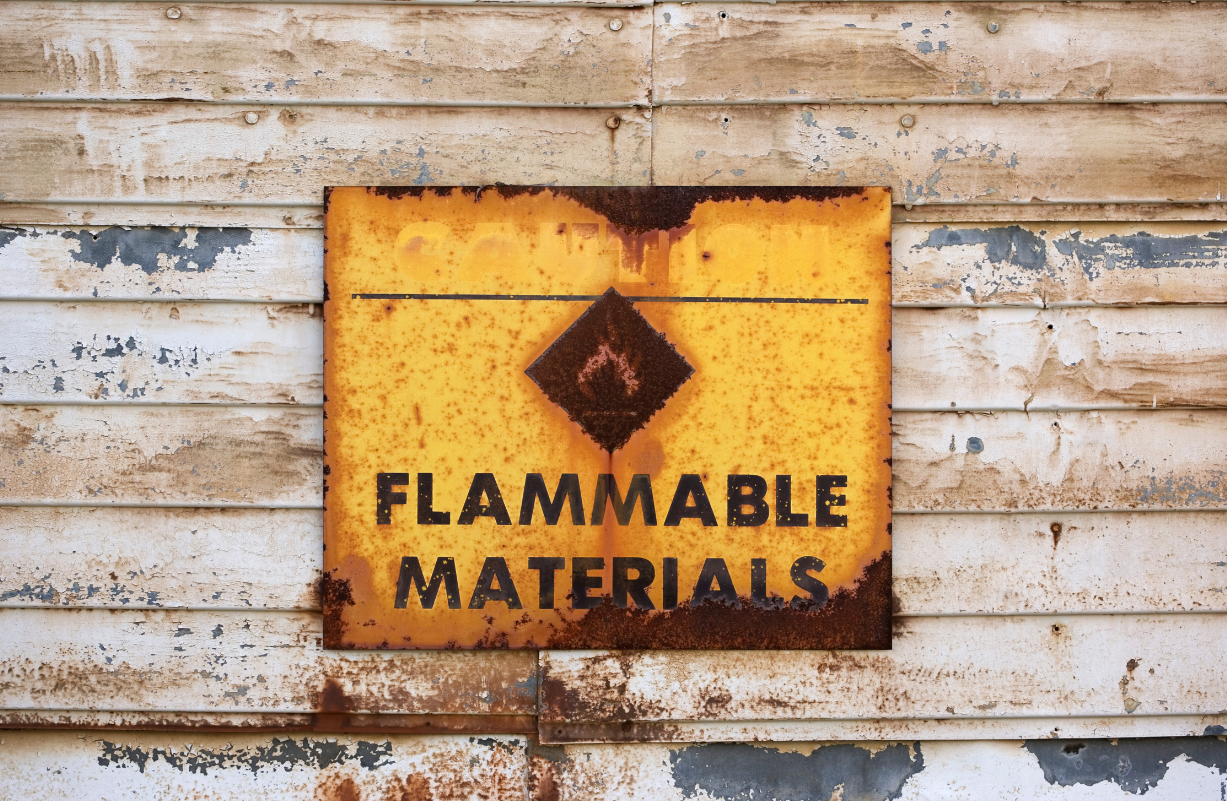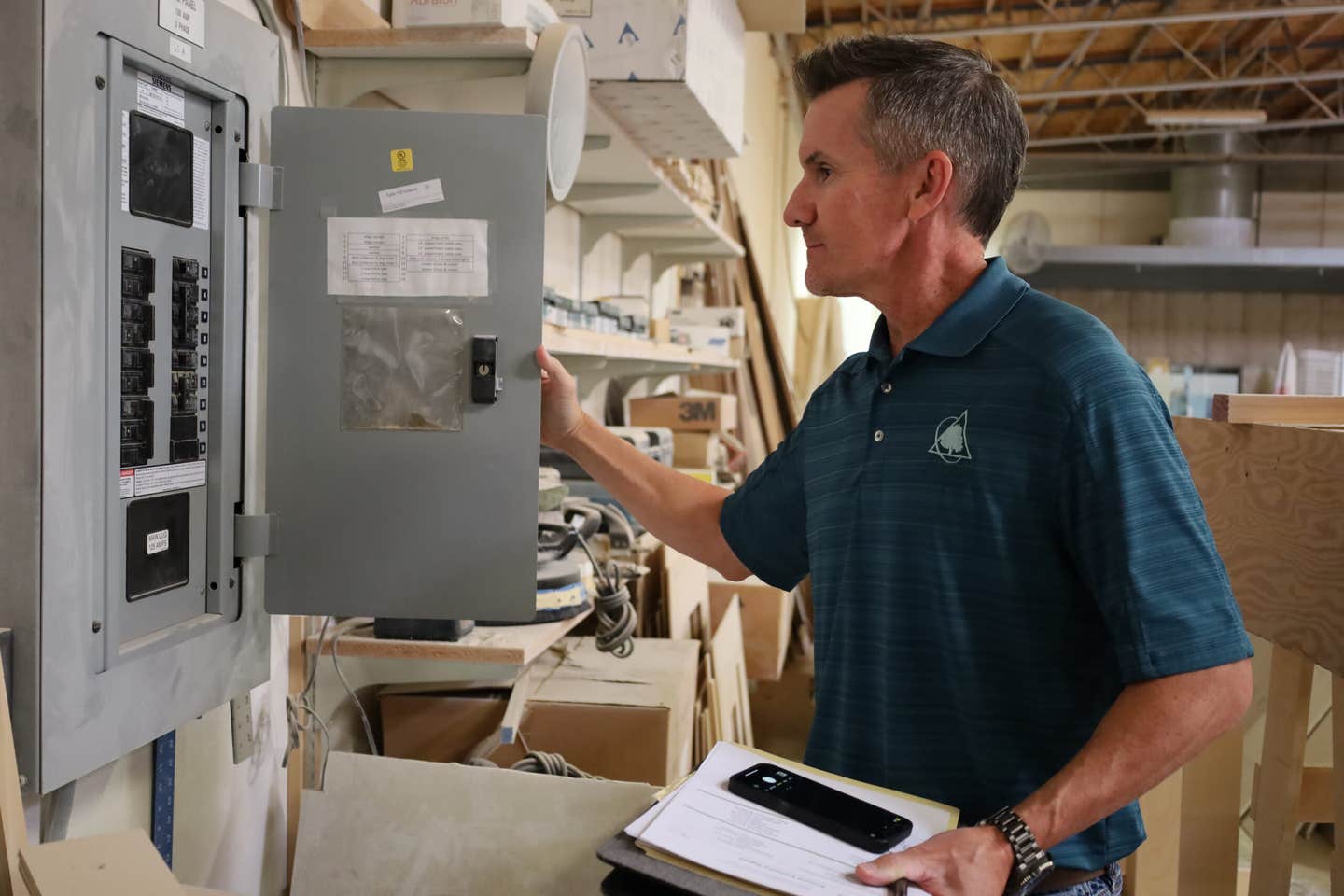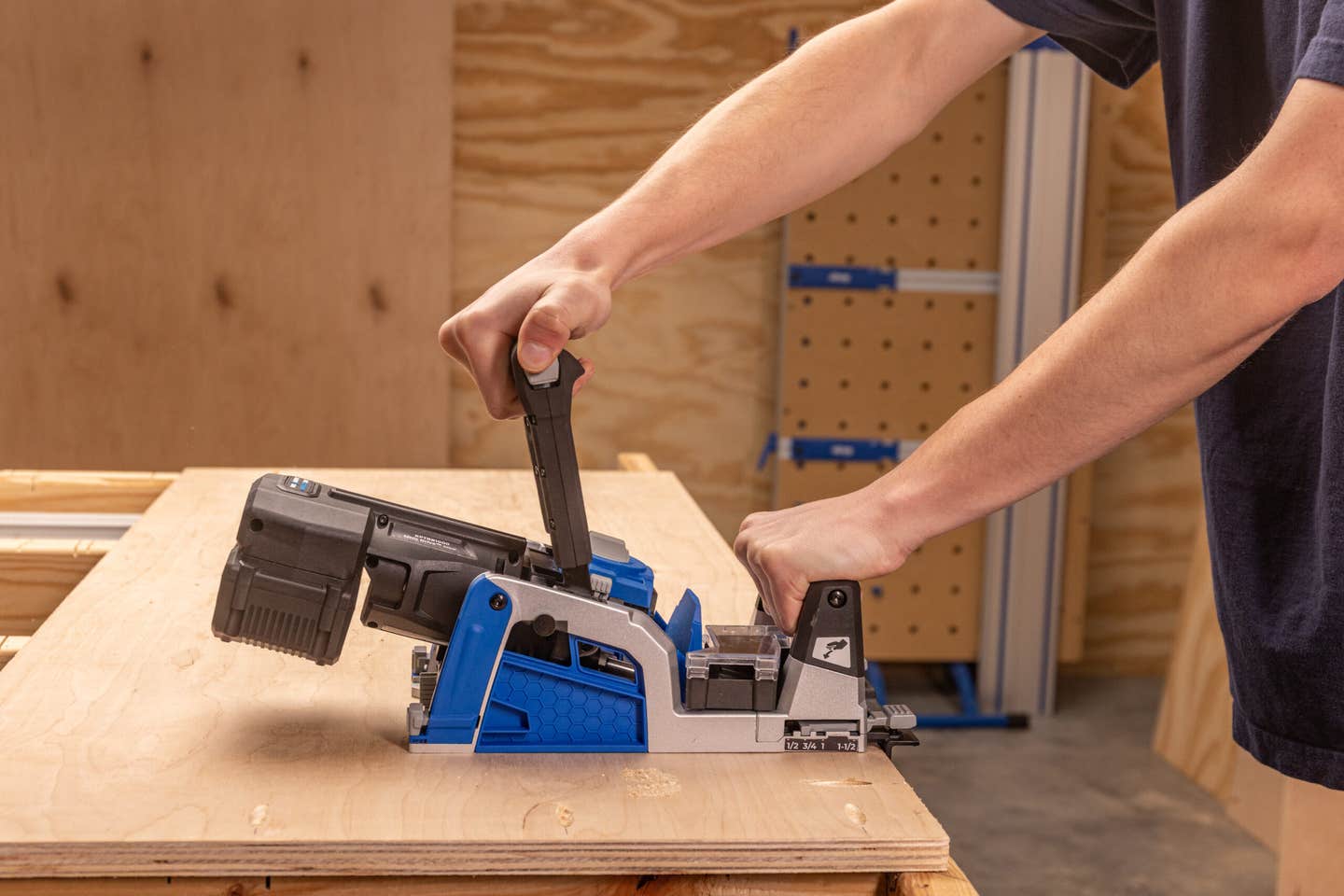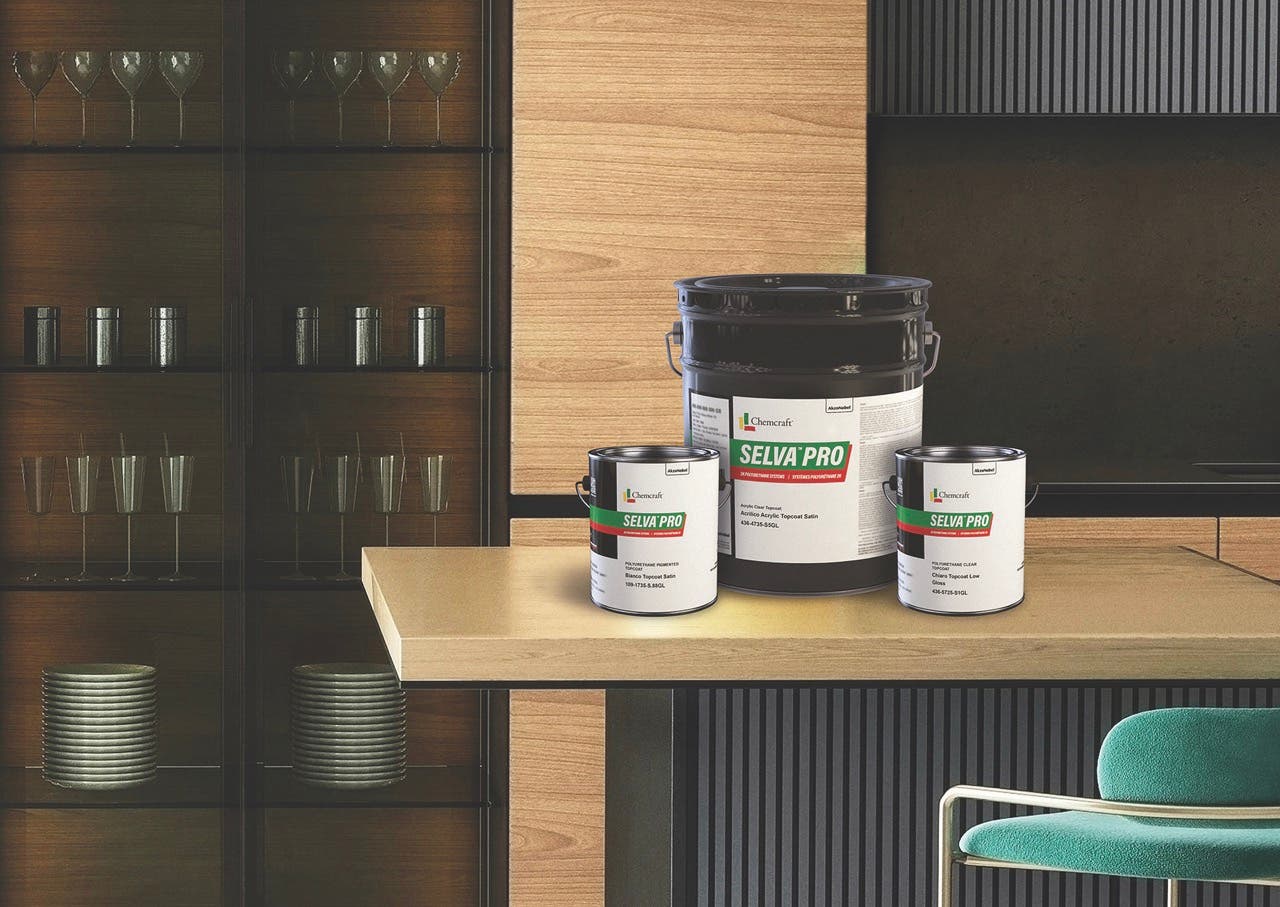Retooling for 2026
Resolving to create a safer woodshop in the new year
Benjamin Franklin once said an ounce of prevention is worth a pound of cure. Given the unique risks woodshops face, there is no more apt analogy.
Prevention and protection are the critical lessons Pennsylvania Lumbermens Mutual Insurance Company (PLM) offer its woodworking clients. As the oldest and largest mutual insurance company in the U.S. dedicated to the wood products, lumber and building materials industry, PLM has earned its reputation over more than 125 years by understanding and helping address the risks woodshops face. These include explosive dust, electrical fires, combustible materials and flammable waste, and employee safety protocols. While most woodworkers are careful to protect their facilities, even the best run shops can fall victim to lapses in care or unintended missteps. And it is the small things, the need for an ounce of prevention, that separates safety from multi-million-dollar insurance claims.


PLM counsels every woodshop to ensure only qualified professionals repair and maintenance major mechanical systems, including heavy machinery, electrical equipment and plumbing. However, some woodworkers opt for expediency because the potential downtime of equipment, electrical hardware and even plumbing can sometimes be seen as a drain on the bottom line. Simple wiring tasks, for example, may be seen as insignificant. However, workers and even owners who use “do it yourself,” or DIY tactics to fix their electrical repairs aren’t just assuming responsibility, they are taking on potential liability. If a DIY fix leads to a fire, one seemingly simple task can end up costing hundreds of thousands of dollars or more. Riskier, these DIY efforts may potentially void needed insurance coverages in cases of loss, adding to the financial toll.
DIY danger extends to continued use of equipment that is old, worn and even brought-from-home. Aging microwaves, coffee makers and ancient refrigerators installed in break rooms and even archaic extension cords and surge protectors have all contributed to costly insurance claims. Each year, an estimated 6,000 fires originate in workplace breakrooms and cause more than $100 million in property damage.
No woodshop is complete without the ultimate woodworker utility: rags. Used to clean, apply solvents, add lubrication to equipment and endless spill clean-up, oily rags can be found in every woodshop. According to PLM, by the end of a long day these rags are steeped in oil and other combustible substances and release heat as they oxidize, running the risk of combustion and catastrophic fires.
PLM recommends woodshops implement UL-300 approved cans with self-closing lids for the disposal of rags. At a cost of about $100 each, these metal containers reduce the risk of spontaneous combustion and better ensure fire containment. Woodshops, in consultation with their local municipalities, should ensure rags, solvent waste and other flammable liquids or hazards are disposed of properly.
Addressing everyday risks can and should be part of every woodshop’s standard operating protocols. Through ongoing employee training, daily safety routines and woodshop walkthroughs conducted regularly by owners, managers and/or safety officers, these dangers can often be averted.
However, woodshops dealing with staffing issues, pressing deadlines and other urgent needs may not fully appreciate all the dangers they face. Working with a trusted insurance partner like PLM that understands the nuance and practices of woodshops makes a difference. Such partners know where to look for risk exposures
As you retool for 2026, make sure you and your employees understand the risks, large and small, that can threaten the business, its employees and facilities. Doing so will help ensure a safe, prosperous and profitable 2026 and beyond.
Pennsylvania Lumbermens Mutual Insurance Company (PLM)
custserv@plmins.com
800-752-1895
www.plmins.com







